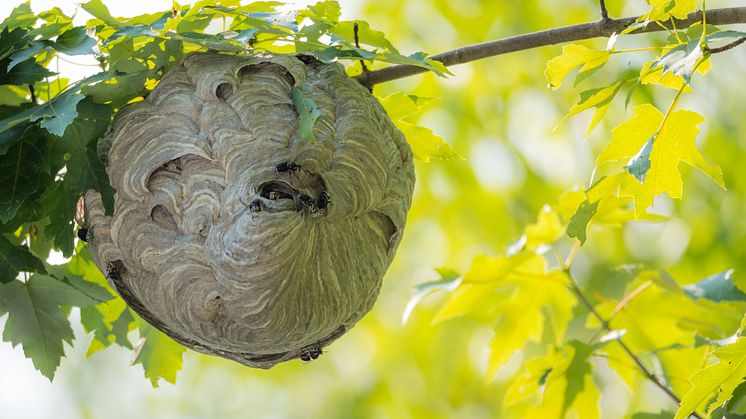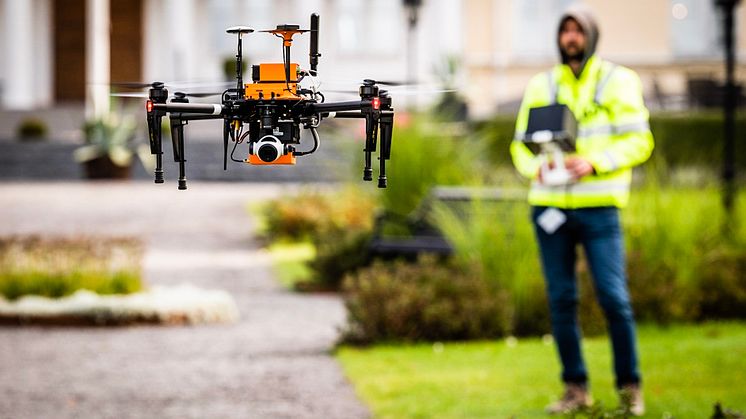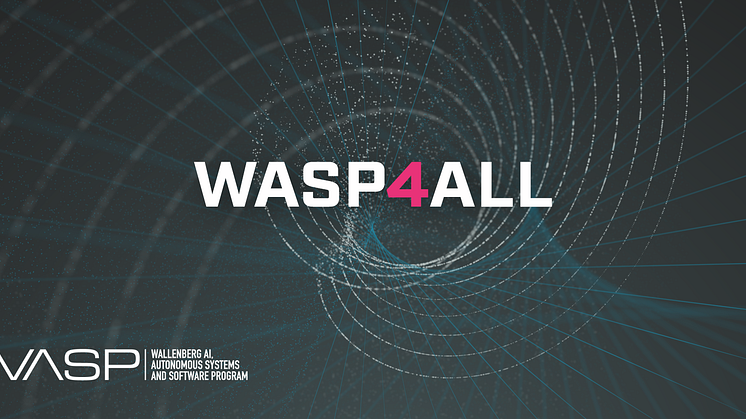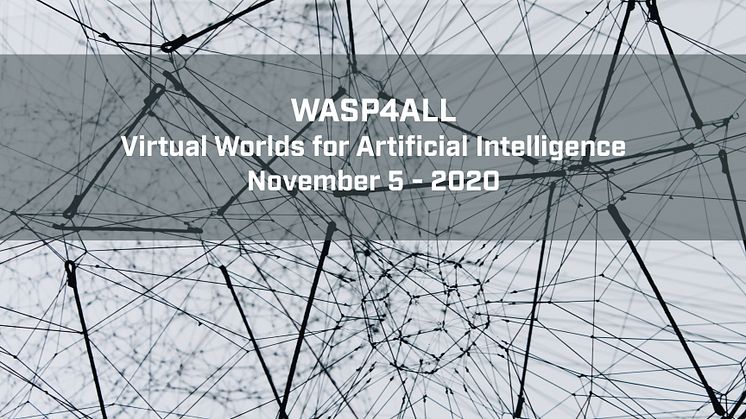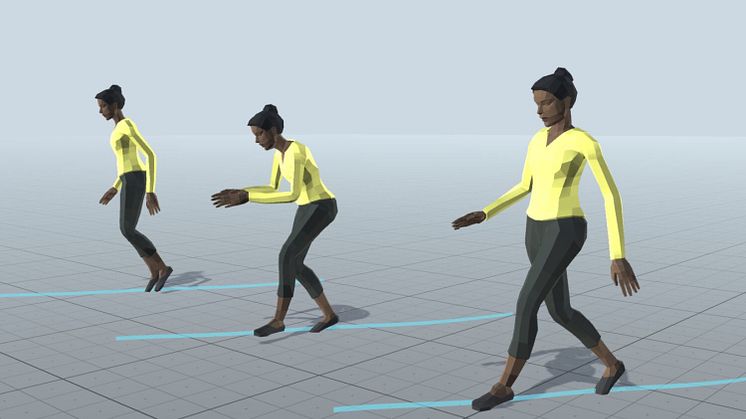Wallenberg AI, Autonomous Systems and Software Program, WASP, är Sveriges största enskilda forskningsprogram i modern tid. Programmet skapar en plattform för akademisk forskning och utbildning i nära samarbete med ledande svensk teknikintensiv industri.
Forskningen innefattar artificiell intelligens och autonoma system som verkar i samarbete med människor och som anpassar sig till sin omgivning med hjälp av sensorer, information och kunskap och skapar intelligenta system av system.
Programmet är ett samarbete mellan Umeå universitet, KTH, Linköpings universitet, Lunds universitet samt Chalmers tekniska högskola. WASP finansieras av Knut och Alice Wallenbergs stiftelse med 5,1 miljarder kronor för perioden 2015-2031. Utöver det bidrar universiteten och industripartners till programmet med 1,4 miljarder kronor.
WASPs vision är excellent forskning och kompetens inom artificiell intelligens, autonoma system och mjukvara till gagn för svensk industri.
